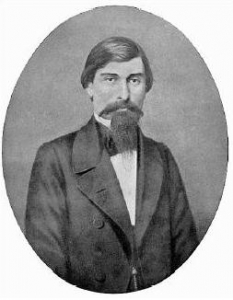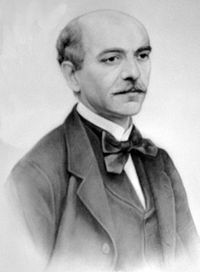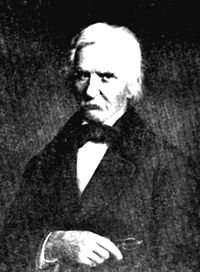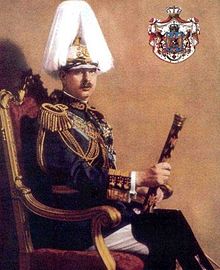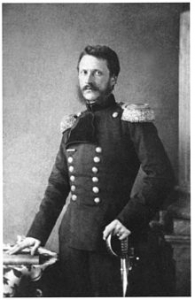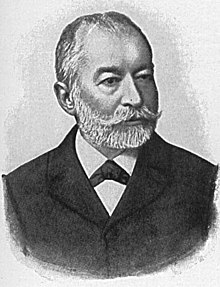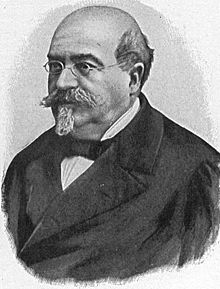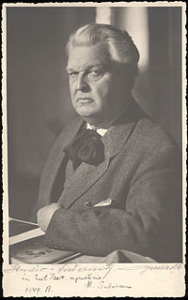ADAMS, John
AHMED Shah Qajar
ALDANOV, Mark (Landau)
ALECSANDRI, Vasile
ALEXANDRESCU, Grigore
ALEXANDRU al II-lea, Nicolaevici
Alexandru G. Golescu
ALEXANDRU I, Pavlovici Romanov
Alexandru Paleologu
Alexandru Vaida-Voevod
ALIOHIN, Alexandru
AMFITEATROV, Alexander Valentinovici
ARGETOIANU, Constantin
ARMSTRONG, Louis
ASTOR, John Jacob
ATATURK (Mustafa Kemal Shah)
BAJENOV, Vasili Ivanovici
BAKUNIN, Mihail Alexandrovici
BĂLCESCU, Nicolae
BARTHOLDI, Frédéric Auguste
BATENIKOV, Gavriil Stepanovici
BEETHOVEN, Ludwig van
BELÎI, Andrei (Bugaev)
BENEŞ, Eduard
BENKEMDOR, Alexandr Cristoforovici
BERLIN, Irving
BESTUZHEV, Nicolai Alexandrovici
BETSKOI, Ivan Ivanovici
BIBESCU, George Valentin
BLANC, Louis
BLANQUI, Louis Auguste
BLUM, Leon
BOKII, Gleb Ivanovici
BOLIVAR, Simón
BONAPARTE, Joseph
BONGO, Hadj Omar
BRĂTIANU, Ion
BRIUSOV, Valerii Iakovlevici
BROSSOLETT, Pierre
BUCHANAN, James
BURBANK, Luther
BURNS, Robert
BURTSEV, Vladimir Lvovici
BUSH, George Herbert Walker
C. A. Rosetti
CAGLIOSTRO (nume adevărat – Giuseppe Balsamo )
Carol Davila
CARP, Petre
Cezar Bolliac
Christian Tell
CLAY, Henry
CLINTON, Bill (nume complet William Jefferson Clinton)
CONDORCET, Jean Antoine Nicolas
Constantin Argetoianu
Constantin Daniel Rosenthal
COOPER, Gordon
COUTHON, Georges
CUZA, Alexandru Ion
DANTON, Georges Jacques
DAVIDOV, Vasilii Lvovici
DEBAKEY, Michael
DELVIG, Anton Antonovici
DERIBAS, Osip Mihailovici
DESMOULINS, Camille
DIDEROT, Denis
Dimitrie Bolintineanu
Dimitrie C. Bratianu
DISNEY, Walt
DOUMER, Paul
DOUMERGUE, Gaston
Doyle, Sir Arthur Conan
DUBBELT, Leontii Vasilievici
Duiliu Zamfirescu
ELAGHIN, Ivan Perfilievici
GAGARIN, Ivan Sergheevici
GAMBETTA, Leon
GARFIELD, James A.
GARIBALIDI, Giuseppe
GAZDANOV, Gaîté (George) Ivanovichi
George Valentin Bibescu
GERSHWIN, George
Gheorghe Grigore Cantacuzino
GHICA, Ion
GIPPUS, Zinaida
GLENN, John
GLIKBERG Aleksandr Mihailovici
GLINKA, Fedor Nikolaevici
GOETHE, Johann Wolfgang von
GOLDWATER, Barry M.
GOMEZ, Baes Maximo
GOMPERS, Samuel
GOTTFRIED
GREIG, Samuel Karlovici
GRISSOM, Virgil
GRUSHEVKII, Mihail Sergheevici
GUILLOTIN, Joseph Ignace
GUSTAV III Gottorn
HARDING Warren G.
HAYDN, Franz Joseph
HEINE, Heinrich
HIDALGO (Hidalgo si-Kostilya), Miguel
HOOVER, J. Edgar
HOUDINI, Harry
HOUDON, Jean Antoine
HUYSMANS, Camille
INZOV, Ivan Nikitici
Ion C. Bratianu
Ion Ghica
Ion Heliade Radulescu
Ion Minulescu
IVANOV, Viaceslav Ivanovici
JABOTINSKII, Vladimir Evghenievici (Zeev)
JACKSON, Andrew
JEFFERSON, Thomas
JOFFRE, Jacques Joseph
JOHNSON, Andrew
JOHNSON, Lyndon B.
JONES, John Paul
JOSEPHINE (Bogarne)
KAMEHAMEHA IV
KAMEHAMEHA V
KARAMZIN, Nikolai Mihailovici
KARL XIII
KARL XIV, Johan
KARL XV
KAZAKOV, Matvei Fedorovici
KERENSKII, Aleksandr Fiodorovici
KIICHELBECKER, Wilhelm Karlovici
KIPLING, Rudyard
KITCHENER, Horatio Herbert
KLIUCHEVSKII, Vasili Osipovici
KOCIUBEI, Viktor Pavlovici
KOGĂLNICEANU, Mihail
KONSTANTIN PAVLOVICI
KOSCIUSZKO, Tadeusz
KOTLIAREVSKII Ivan Petrovici
KOVALEVSKII, Maxim
KROPOTKIN, Petr A.
KURAKIN, Alexandr B.
KUTUZOV (Golenishchev-Kutuzov), Mihail Illarionovici
LABZIN, Alexander Fiodorovici
LAJOS, Kossuth
LERON, Jean d’Alembert
LICHO, Jelly
Miron Cristea
Nicolae Balcescu
Nicolae Titulescu
Octavian Goga
QUASIMODO, Salvatore
QUEZON, Luis Manuel
Samuel von Brukenthal
Simion Barnutiu
Titu Maiorescu
Traian Vuia
TRAIAN, Vuia
VALLES, Jules
VANDERVELDE, Emile
VERDANSKII, Vladimir Ivanovici
VERESAEV, Vikentii Vikentievici (numele real Smidovici)
VIAZEMSKII, Petr Andreevici
VIDELA, Gabriel Gonzalez
VIELGORSKII, Matvei Yurievici
VIGEL, Filip Filipovici
VOLKONSKII, Serghei Grigorievici
VOLOŞIN, Maximilian Alexandrovici (numele real. Kiriienko-Voloşin)
VOLTAIRE, Francois Marie Arouet
VORONIHIN, AndreI Nikiforovici
VORONŢOV, Mihail Illarionovici
WAGNER, Richard
WASHINGTON, Booker Talyaferro
WASHINGTON, George
WIELAND, Christoph Martin
WILHELM al II-lea de Hohenzollern
